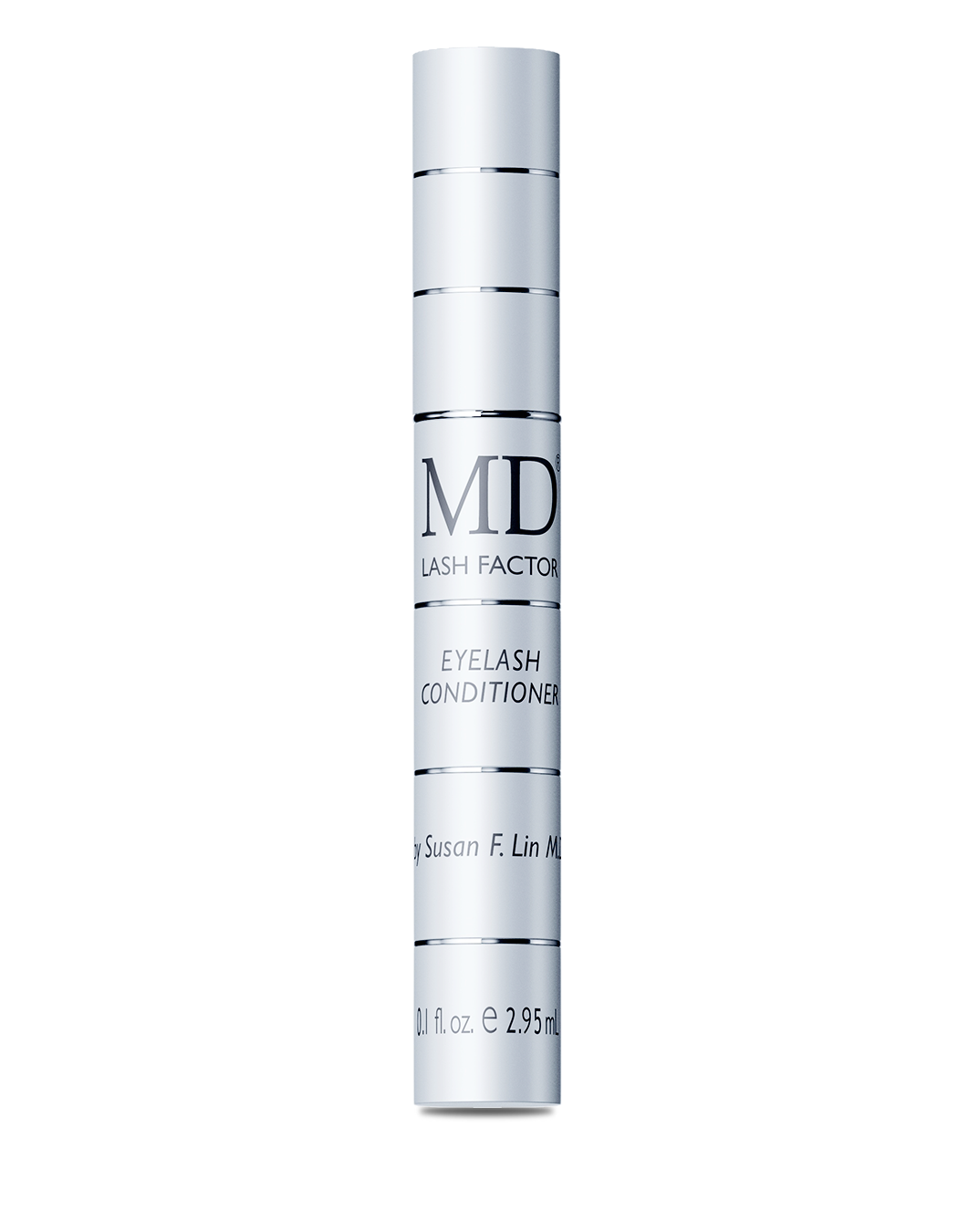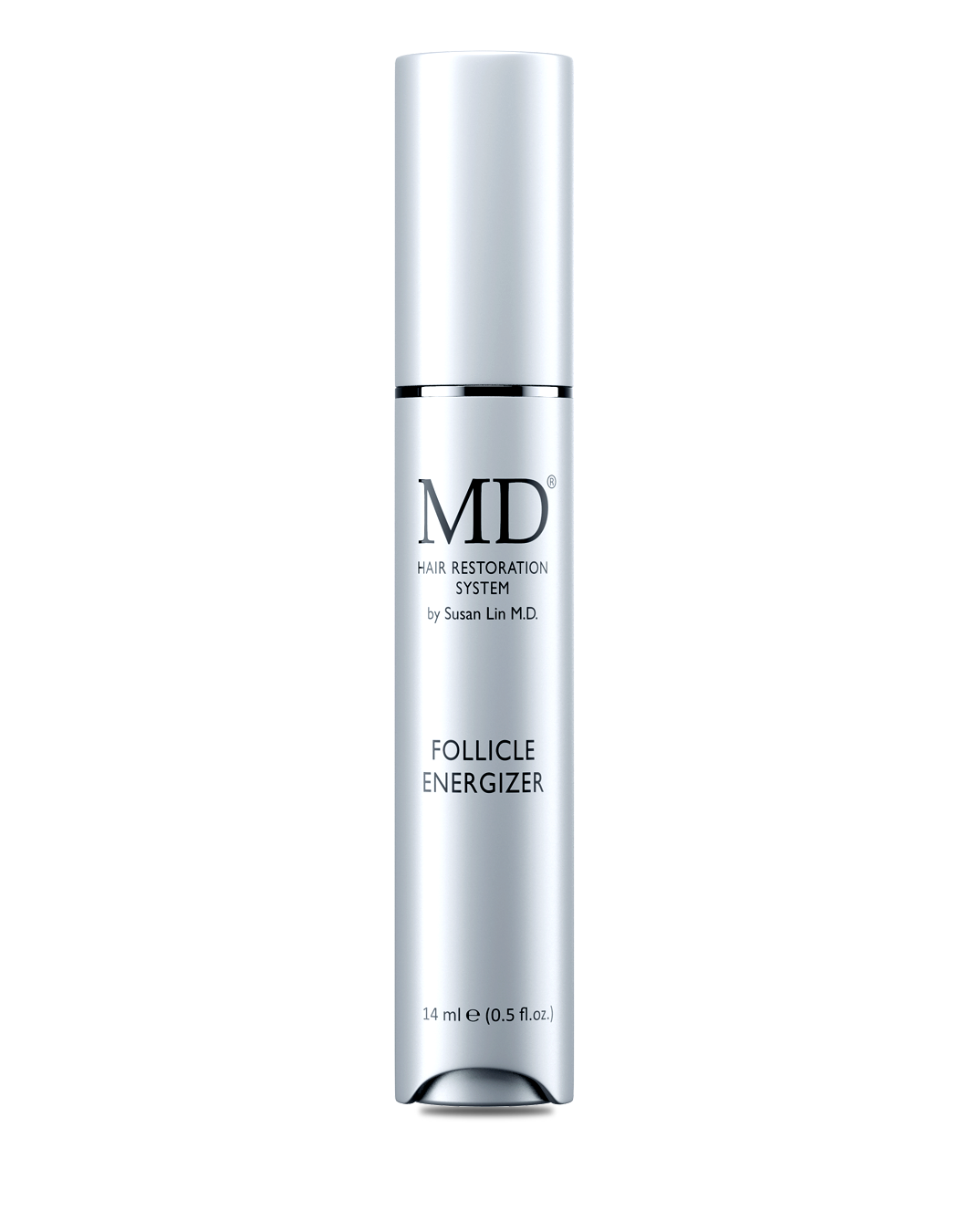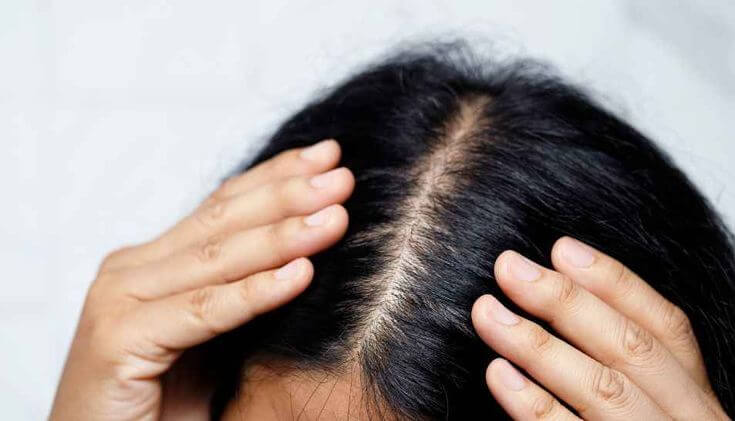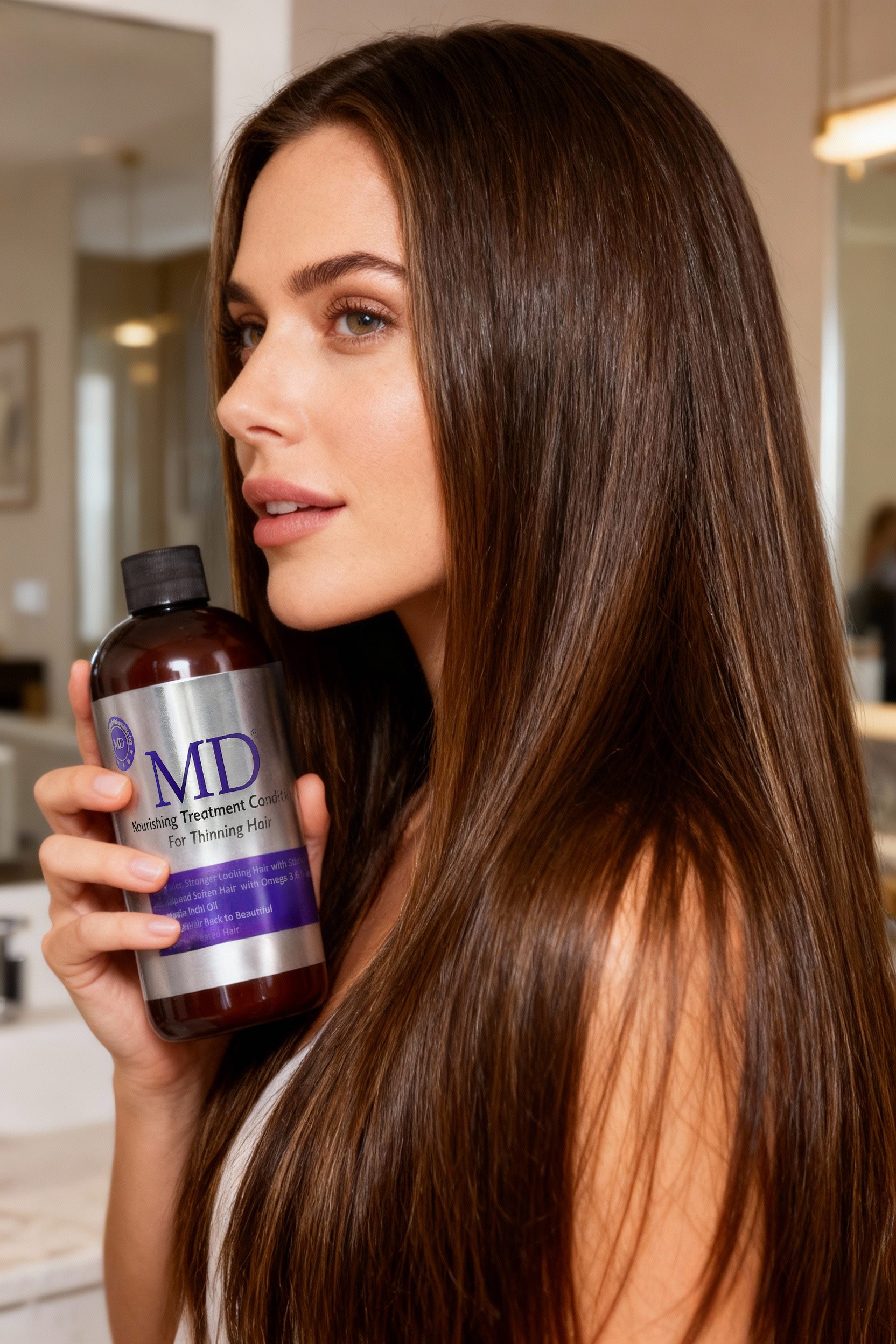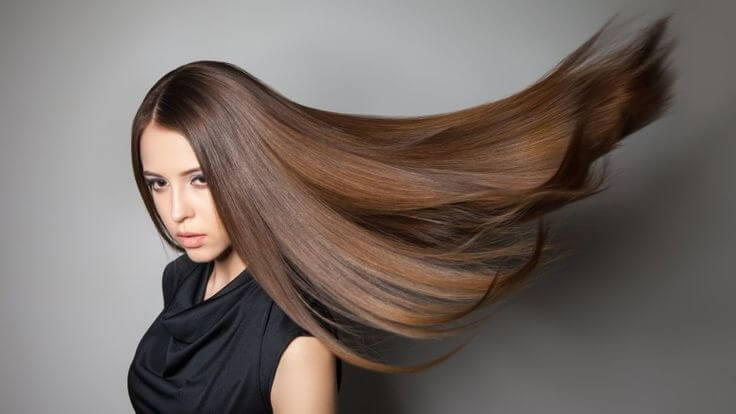Are you tired of hair loss during menopause? Here is something useful for you!
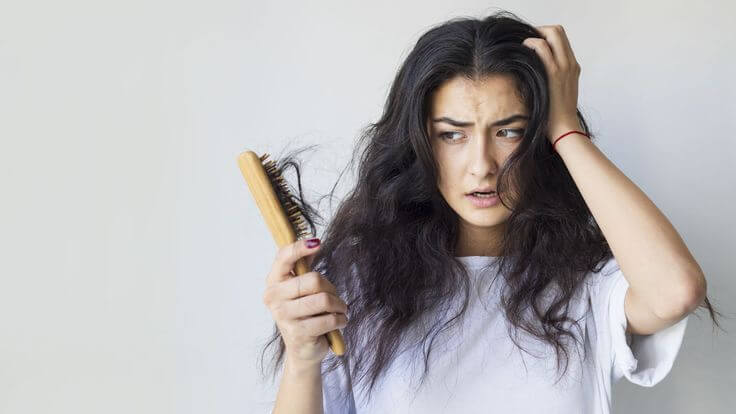
Navigating menopause is a unique journey that many incredible women undertake, marked by a series of physical changes.
Among these changes, one significant concern that often arises is hair loss.
In this blog, we delve into the details of hair loss during menopause, aiming to demystify the process and offer practical insights. Understanding this experience is crucial for women undergoing menopause. Therefore, join us as we explore the factors contributing to hair loss, practical strategies for managing it, and empowering women with the knowledge to embrace this phase confidently. It is your go-to resource for navigating the complexities of hair loss during menopause with grace and resilience.
Understanding Menopausal Hair Loss
Menopausal hair loss often stems from hormonal fluctuations, a hallmark of this transformative phase. As women enter menopause, the body experiences a decline in reproductive hormones. It may happen when a woman reaches her 40s or 50s. It also includes decreased estrogen and progesterone levels, which can profoundly impact hair growth. These hormonal shifts affect the hair growth cycle, leading to increased thinning and shedding of the hair.
It's essential to recognize common patterns and signs of menopausal hair loss. Women may notice widening parts, a reduction in overall hair volume, or increased hair shedding during activities like washing or brushing. Understanding these patterns and the proper consultation with a doctor helps women identify potential issues early on and seek appropriate solutions.
In the following sections, we will uncover the impact of hormonal changes on the hair growth cycle and equip women with the knowledge to recognize the signs of menopausal hair loss. Now, let's talk about some factors causing menopausal hair problems.
Factors Contributing to Menopausal Hair Loss
Several factors contribute to menopausal hair loss, from hormonal imbalances to genetic dispositions and lifestyle influences.
Hormonal shifts, primarily the decline in estrogen, play a critical role. Estrogen helps keep hair in the growing phase for a more extended period, and its reduction can or may lead to hair thinning and increased shedding.
Genetics also plays a crucial role. If hair loss runs in the family, women may be more susceptible to experiencing it during menopause.
Additionally, nutritional deficiencies, such as a lack of iron or specific vitamins, can also contribute to hair loss. A balanced diet with essential nutrients becomes particularly crucial during this phase.
Lifestyle factors like high-stress levels and poor hair care practices can compound menopausal hair loss. Recognizing these contributing factors helps women to make informed choices about their diet, stress management, and hair care routine.
Now, let's discuss some of these elements, providing practical insights to help women address and minimize the impact of these factors on their hair health during menopause.

Tips and Lifestyle Changes to Address Hair Loss
Navigating menopausal hair loss involves adopting practical tips and lifestyle changes to support hair health during this transformative period.
Nutritional Adjustments: Incorporate a well-balanced diet rich in iron, vitamins, and minerals crucial for hair growth. Foods like leafy greens, nuts, and fish can contribute to overall hair health. For a more focused (diet-based) solution, consult a dietician or doctor to help you choose the suitable food items. This step will further help you manage your hair loss during this period.
Hair-Friendly Skincare Routine: Gentle cleansing and using hair-friendly products can create a nurturing environment for hair follicles. Avoiding harsh chemicals and excessive heat styling is essential in promoting healthier hair. For better results, it is recommended to go with natural or nature-inspired hair care solutions.
Stress Management Techniques: Explore stress-reducing activities like yoga, meditation, or deep breathing exercises. Managing stress impacts overall well-being, including hair health.
Incorporating Exercise: Regular physical activity promotes circulation, benefiting the scalp and hair follicles. Choose outdoor or indoor activities you enjoy in order to make exercise a sustainable part of your routine.
By integrating these tips and lifestyle changes, women can proactively address menopausal hair loss, fostering an environment for healthier and more resilient hair.
Now, let's talk about Hair Care Products and Treatments.
Opting for the right hair care products and treatments can significantly contribute to managing menopausal hair loss.
Selecting the Right Shampoos and Conditioners: Opt for products designed to promote hair health, avoiding those with harsh chemicals. Moisturizing and strengthening formulations can be particularly beneficial.
Topical Treatments and Supplements: Explore topical treatments after consulting experts from the same domain and other clinically proven ingredients that stimulate hair growth. Additionally, supplements such as biotin or omega-3 fatty acids may support overall hair health.
Professional Treatments: Consult with a dermatologist or hair care professional to consider advanced treatments such as laser therapy or platelet-rich plasma (PRP) treatments, which have shown efficacy in promoting hair growth. It is critical to consult with a dermatologist or hair care experts for such advanced treatment because such treatments are personalized and based on individual needs.
Now, let's discuss the importance of professional interventions to address menopausal hair loss effectively.
Seeking Professional Advice
When facing menopausal hair loss, consulting healthcare professionals is crucial for comprehensive guidance and personalized solutions.
Role of Dermatologists: Dermatologists specialize in hair & skin health. A visit to a dermatologist allows for a thorough examination of the scalp and hair, helping identify the specific causes of hair loss.
Diagnostic Tools and Tests: Dermatologists may use advanced diagnostic tools, such as scalp biopsies or blood tests, to pinpoint the root cause of hair loss. Understanding these factors helps in finding an effective and personalized treatment.
Treatment Options: Dermatologists can recommend a range of treatments, from prescription medications to procedures like PRP therapy or low-level laser therapy. These solutions address the underlying causes of menopausal hair loss and promote regrowth.
Seeking professional advice ensures women receive personalized care, allowing them to navigate menopausal hair loss confidently and understand the available treatment options.
Emotional Well-being and Support
Addressing menopausal hair loss extends beyond physical interventions; emotional well-being plays a vital role.
Emotional Impact: Menopausal hair loss can impact self-esteem and confidence. Acknowledging and addressing these emotions is an essential aspect of overall well-being.
Seeking Support: Share concerns with friends and family, or join support groups where women going through similar experiences can offer understanding and encouragement.
Self-Acceptance: Embrace the uniqueness of this journey. Recognize that beauty extends beyond appearance and lies in the strength and resilience shown during life's various phases.
Now, let's conclude the blog!
In conclusion, in this guide to menopausal hair loss, remember that it's a journey unique to each woman. Understanding the contributing factors, adopting lifestyle changes, and seeking professional advice are empowering steps.
Embrace the support available from loved ones and fellow journeyers because your beauty is multifaceted, extending beyond appearance.
Menopausal hair loss is a chapter, not the entire story. Let this guide be a companion, offering insights and encouragement as you navigate this phase with resilience and confidence.
Here's to celebrating the strength and beauty that define you throughout every chapter of your remarkable journey!

